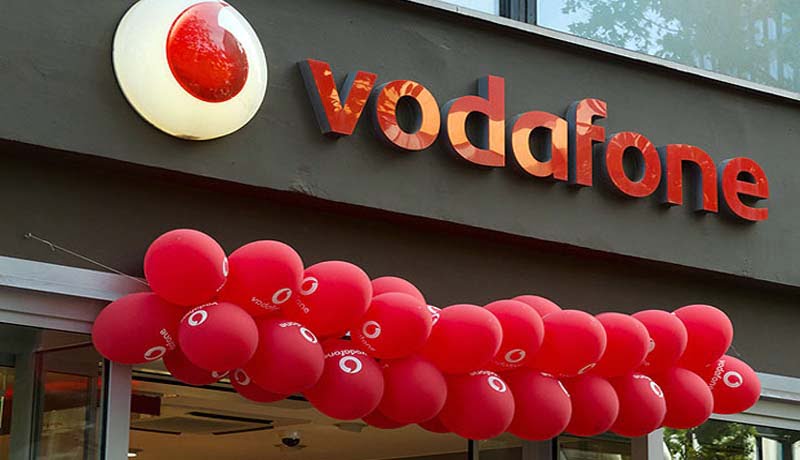Municipal Corporations cannot Impose License Fee for Hoardings and Glow Signs: Calcutta HC [Read Judgment]

Vodafone
Vodafone
Ganting a major relief to Vodafone Mobile Services Ltd, the Calcutta High Court held that the Municipal Corporations cannot impose License Fee for hoardings and glow signs under the provisions of Kolkata Municipal Corporation Act, 1980.
The High Court was hearing a writ petition challenging the demand for license and permission fees raised by the Kolkata Municipal Corporation authorities for the hoardings set up by the petitioners, Vodafone Mobile Services Ltd.
The petitioners urged that they are required to set up hoardings for the purpose of advertisement of their product in its usual course of business. They claimed that the hoardings and glow signs of the petitioners are exempted from payment of Advertisement Tax under Section 204(2)(c) of the Kolkata Municipal Corporation Act, 1980. It was submitted that though Sections 202 and 203 permits the levy of permission fee and licence fee, none of the sections confers any power on the Kolkata Municipal Corporation to levy any fees on the hoardings and glow signs.
Relying on the Apex Court Rulings, the petitioners contended that imposition of tax without authority of law is violative of Article 265 of the Constitution of India. According to them, the demands are on recurring basis and, therefore, they are to be treated as tax and not fees. Moreover, he has submitted that, the Act of 1980 does not authorize the Corporation authorities to levy a licence fee or a permission fee.
After analyzing the provisions of the Act, Justice Debangsu Basak observed that Section 203 of the Act of 1980 deals with license for use of site for the purpose of advertisement. However, the Section itself does not permit the Municipal Corporation authorities to levy any licence fee. “It prohibits a person from putting up any hoarding except under and in conformity with the terms and conditions of the licence. Section 204 of the Act of 1980 allows tax to be levied on advertisement. However, Calcutta Soft Drinks Pvt. Ltd. (supra) has held that, the Corporation is not entitled to advertisement fees from the persons noted therein. The exemption given in Calcutta Soft Drinks Pvt. Ltd. (supra) would also apply to a hoarding. The hoardings and glow signs put in a property belonging to an individual and not visible to a member of the public from a public road is not chargeable by the Corporation. Moreover, as noted above, Section 203 does not allow the authority to levy any licence fee. On the concept of quid pro quo, it is observed that, the Corporation authorities are required to do certain things under Section 203. That would entail some cost. However, the Corporation authorities are taking trade licence fees. The Corporation authorities are, therefore, at liberty to factor in the cost involved in the exercise under the guidelines while considering the fee applicable for obtaining a trade licence.”
In view of the discussions above, the demands for licence or permission fees for the glow signs made against the petitioner are set aside. The prayer for compensation made in the writ petition was not pressed at the hearing.
Read the full text of the Judgment below.


